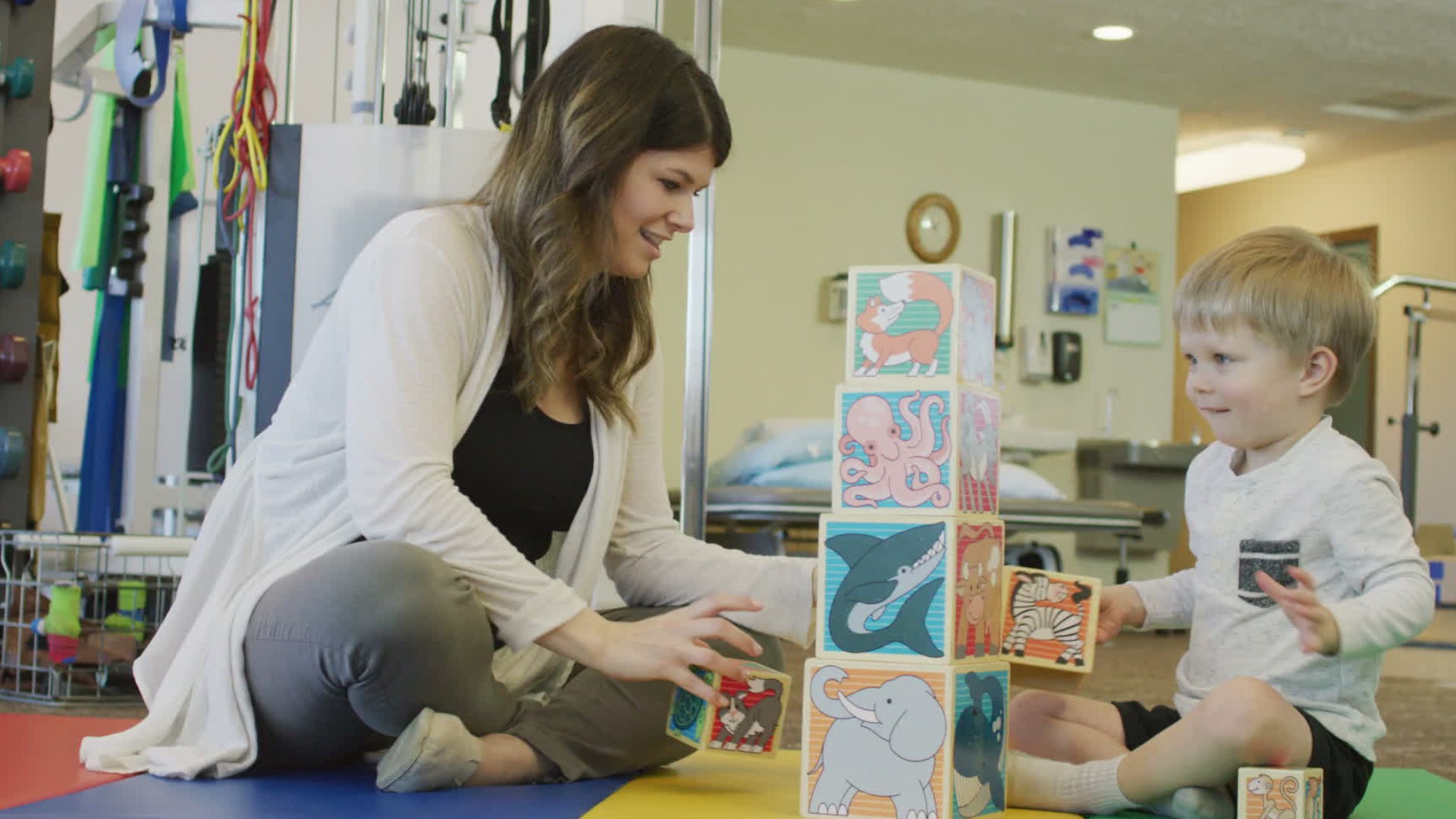Speech-Language Pathologists
Bilingual Speech-Language Pathologist (Bilingual SLP), Speech and Language Specialist, Speech Pathologist, Speech-Language Pathologist (SLP)
What they do:
Assess and treat persons with speech, language, voice, and fluency disorders. May select alternative communication systems and teach their use. May perform research related to speech and language problems.
On the job, you would:
- Evaluate hearing or speech and language test results, barium swallow results, or medical or background information to diagnose and plan treatment for speech, language, fluency, voice, or swallowing disorders.
- Write reports and maintain proper documentation of information, such as client Medicaid or billing records or caseload activities, including the initial evaluation, treatment, progress, and discharge of clients.
- Monitor patients' progress and adjust treatments accordingly.
Knowledge
Arts and Humanities
- English language
Education and Training
- teaching and course design
Business
- customer service
- administrative services
Math and Science
- psychology
Skills
Basic Skills
- listening to others, not interrupting, and asking good questions
- reading work related information
Problem Solving
- noticing a problem and figuring out the best way to solve it
Social
- understanding people's reactions
- teaching people how to do something
Abilities
Verbal
- listen and understand what people say
- communicate by speaking
Ideas and Logic
- make general rules or come up with answers from lots of detailed information
- notice when problems happen
Hearing and Speech
- recognize spoken words
- speak clearly
Visual Understanding
- see hidden patterns
Personality
People interested in this work like activities that include helping people, teaching, and talking.
They do well at jobs that need:
- Dependability
- Integrity
- Concern for Others
- Self Control
- Cooperation
- Adaptability/Flexibility
Technology
You might use software like this on the job:
Medical software
- Biofeedback software
- eClinicalWorks EHR software
Desktop communications software
- Tadpoles
Analytical or scientific software
- Avaaz Innovations Computerized Speech Research Environment CSRE
- Language analysis software
Education
Education: (rated 5 of 5)
master's degree or
certificate after master's
usually needed
certificate after master's
usually needed
Job Outlook
Bright
New job opportunities are very likely in the future.
Explore More
- Advanced Practice Psychiatric Nurses
- Audiologists
- Low Vision Therapists, Orientation & Mobility Specialists, & Vision Rehabilitation Therapists
- Occupational Therapists
- Psychiatrists
You might like a career in one of these industries:
See more details at O*NET OnLine about speech-language pathologists.





